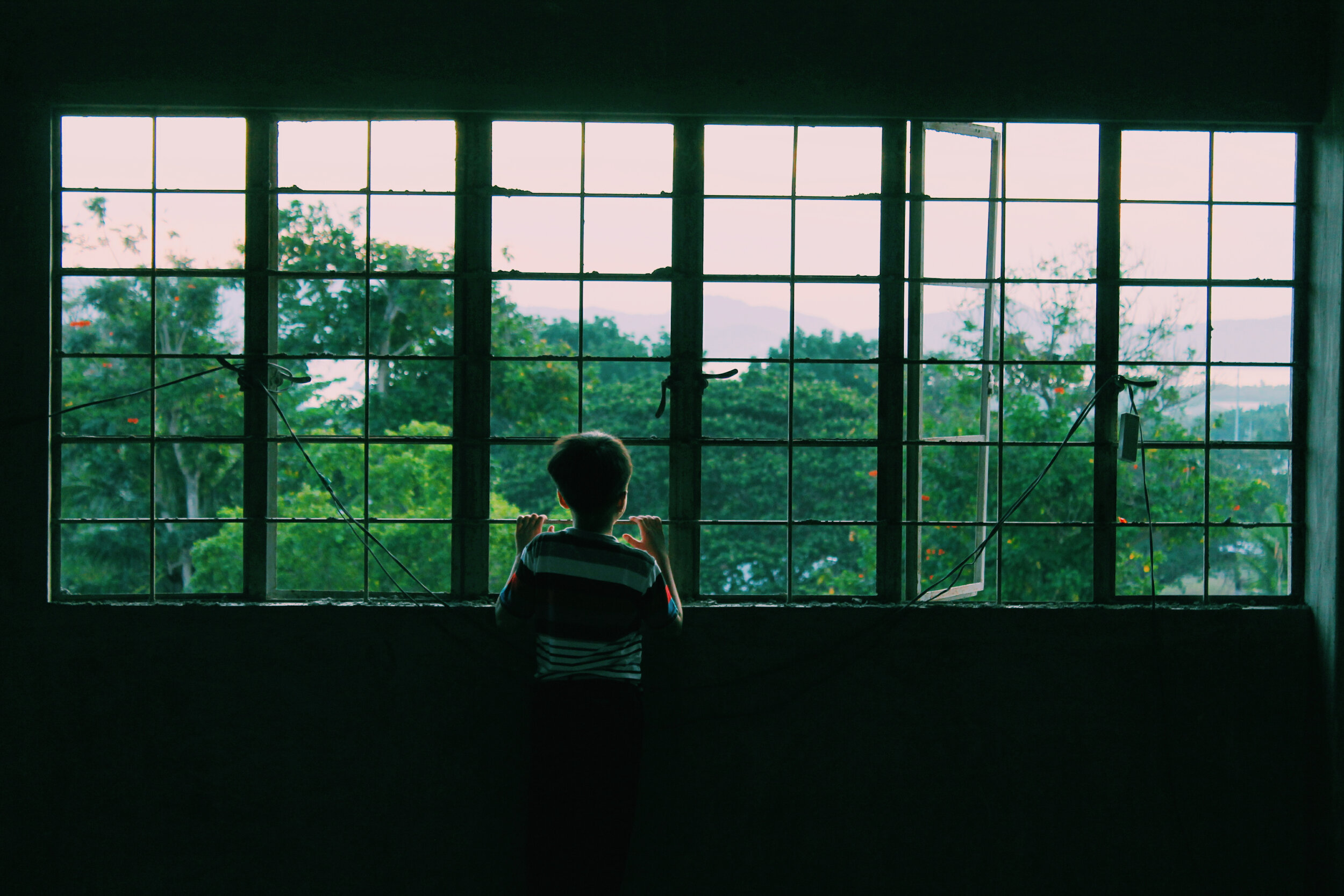4/15/2020
By Sayge Martin
The first time I read The Spirit Catches You and You Fall Down by Anne Fadiman was the first time I felt utterly challenged by another worldview. The story revolves around Lia Lee, a Hmong child suffering from epilepsy and struggling to obtain proper care from a healthcare system lacking skill in cross-cultural communication.
Originally from Laos, the Lees moved to Merced, California in the 1980s. Their daughter, Lia, was diagnosed with a severe form of epilepsy named Lennox-Gastaut Syndrome. They faced many hurdles while attempting to get treatment for Lia, mainly the lack of proper translators coupled with the fact that their Hmong beliefs clashed with the method of treatment used for epilepsy in the United States. Fadiman maintains a distinct dichotomy between Hmong spirituality and the Western doctor’s science to emphasize the refusal of both parties to step outside their deeply entrenched belief systems. Because doctors couldn’t effectively communicate with the Lees and didn’t attempt to empathize with their traditional Hmong beliefs, there were miscommunications about medical dosages as well as refusal from the parents to give certain medications due to mistrust. Lia's condition worsened. At four years old, Lia suffered a seizure that left her in a persistent vegetative state for 26 years.
Ultimately, the book encourages widescale education initiatives for healthcare workers as well as additional support from outside resources to raise awareness about nuances in treatment based on cultural differences. Through cooperation and compassion, a standard of care can be upheld that prioritizes respect for both patient and practitioner.
In light of the global pandemic, I find myself thinking of the book often. How many people are experiencing religious and cultural barriers in the healthcare system today? And how many healthcare workers are trying to bridge these gaps, but lack assistance in the form of translators and cultural mediators?
When proper support is in place, dialogue can occur that highlights the scientific recommendations of a doctor while taking into consideration the personal beliefs of a patient. Individualized care can be administered in a way that minimizes miscommunication and offers alternatives when applicable. Dialogue is a central aspect of daily life and proves to be a skill necessary for everyone. Dialogue skills in healthcare, specifically, are essential to prescribing a successful method of treatment.
As with any blog post, article or written piece, I encourage readers to reflect on the topics presented. The book referenced is 'The Spirit Catches You and You Fall Down: A Hmong Child, Her American Doctors, and the Collision of Two Cultures' by Anne Fadiman, 1997 - A great read if you’re looking to learn more about the story in the post.




